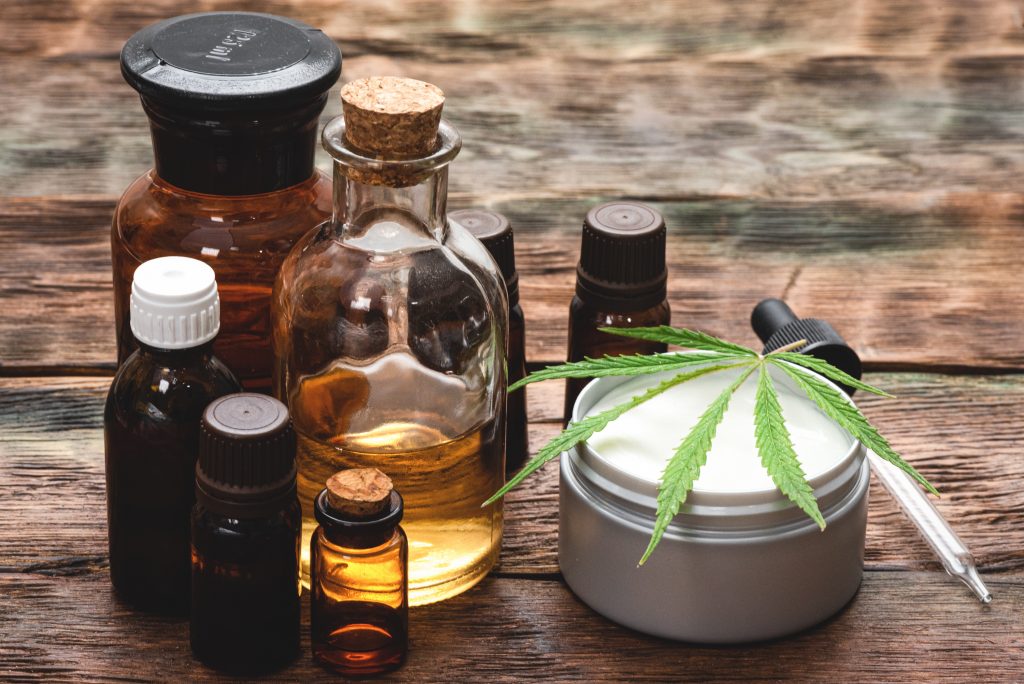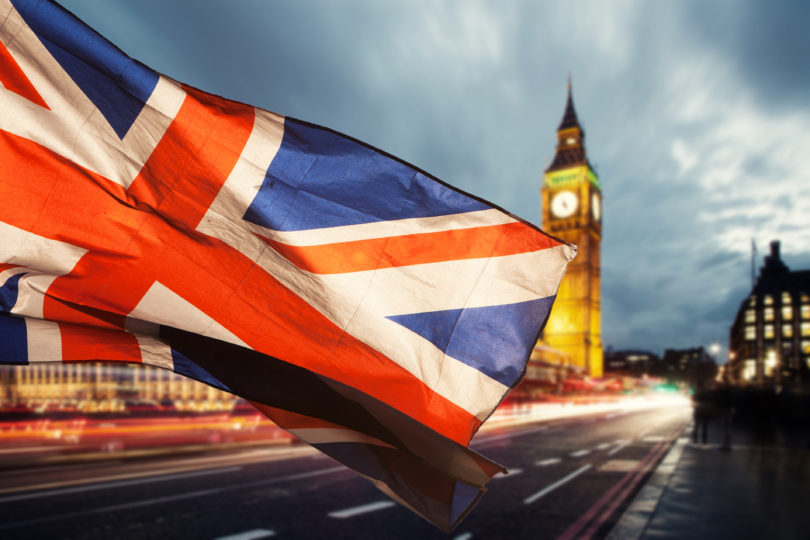THE Food Standards Agency’s new Novel Food deadline looks set to open the door for the entry of the major global consumer brands into the U.K CBD market.
Concerns over the lack of a clear regulatory CBD framework from the FSA and other agencies has previously proved a deterrent to the Coca-Colas of this world.
Not anymore, a clear pathway to compliance will unleash the forces of multi-national business and change the craft nature of the existing U.K. industry for good.
And, new health concerns over usage whilst taking other drugs, breast-feeding and during pregnancy will also require CBD sellers to double down on any advice they give consumers.
Use the sign up form to subscribe to the CBD Business Weekly Newsletter.
What Has Happened?
Following a year of procrastination the FSA has announced that all CBD products will have to be registered into the Novel Food process.
Novel Food authorisation is a costly and time consuming process – priced at around £300,000, and taking around two years to complete.
All products on sale in the U.K will have to demonstrate they align with the requirements of this process by March 31, next year.
In theory, it should mean that all these products would then have to be removed from sale while the authorisation process, including various safety tests, take place.
But, the way things are shaping up, it is highly likely that there will be no enforcement action on applicants while this approval process is underway.
A Bit Of Background?
This FSA move follows the rapid growth of the of the U.K. CBD industry; it is said to be worth over £300 million and used by millions of people for its perceived health benefits.
However, as the industry has grown the regulator’s concerns over its nature have also increased.
Recent research showed that some products on sale in the U.K. had illegal levels of the psychoactive cannabis compound THC, while others actually continued no CBD, and there are further issues over potential contaminants.
In January, last year the European Union (E.U.) announced that all CBD products must conform to the Novel Food rules.
This has been fought tooth and nail by many in the industry, and with Brexit out of the way there was some hope that the Novel Food guidelines would be scrapped for a less onerous, U.K.-specific regime.
Why Has the FSA Moved Now?
For the last year the industry has been on a warning that it is expected to conform to the Novel Food rule.
But, at the same time the FSA has also said it does not have ‘significant safety concerns over the CBD products for sale in the U.K market’ – hence no enforcement action.
In July last year the FSA’s advisory body met to discuss CBD; known as the Committee on Toxicity (CoT) it said at the time it was unable to give any definitive guidance due to a lack of suitable evidence.
It met again in January this year after securing large quantities of research data from British firm GW Pharmaceuticals.
GW is the only company to have secured a licence from health regulators for a CBD drug; Epidiolex, which is available to patients in the U.K. and USA.
After analysing this data the CoT changed its health guidance on CBD, this, and the need to establish a clear regulatory framework prompted this move.
Industry Reaction?
Overall the industry has welcomed the FSA’s moves to establish a clear regulatory framework.
It’s fair to say that as the industry grew over the last few years a number of companies took advantage of the lax regulatory environment to prey on naive consumers.

Nevertheless, there is still some ground to cover before the FSA secures its full-backing.
The main sticking point for those such as the Cannabis Trades Association and the European Industrial Hemp Association, is their firm belief that CBD is just basically, not a Novel Food.
There is ample evidence to show it has been used for hundreds of years in food across Europe and there is a certain amount of disbelief in the industry that the FSA cannot recognise this.
What Happens Next?
The current market sees a dozen or so, mainly overseas, suppliers produce CBD for thousands of products and these will now have to secure Novel Food authorisation for their oils.
Whether they will all have deep enough pockets to all complete the £300,000 Novel Food process is an open question.
Industry bodies such as the European Industrial Help Association are galvanising smaller players into a consortium to take forward joint Novel Food applications and share the cost burdens.
One thing looks certain, though – smaller craft manufacturers – producing their own oils and products look like being squeezed out of the market.
One such business we spoke to, based in the North of England, said it was still assessing the situation and would be seeking further information from the various trade bodies before deciding how to proceed.
However, there may be an alternative route for the smaller operators; one which is currently being explored by some industry figures.
This could involve renaming CBD products as ‘hemp extracts containing CBD’, and in doing so circumvent the Novel Food process.
This is based on the premises that extracts squeezed from the hemp plant are not novel – for a full explanation see the comments in this article from leading cannabis lawyer Robert Jappie.
What Is The FSA Saying On CBD & Health?
The FSA still has no concerns over the general safety of CBD products but has now flagged up some real ares of concern in relation to health.
Its press release says: “The FSA is today advising those who are pregnant, breastfeeding or taking any medication not to consume CBD products.
“Healthy adults are also advised to think carefully before taking CBD, and the FSA recommends no more than 70mg a day (about 28 drops of 5% CBD) unless under medical direction. This new precautionary advice is based on recent findings by the government’s Committee on Toxicity (COT).
Its press release referenced Professor Alan Boobis, Chair of the Committee on Toxicity: “My committee has reviewed the evidence on CBD food products and found evidence there are potential adverse health effects from the consumption of these products. We are particularly concerned about pregnant or breast-feeding women and people on medication.
“We don’t know enough to be sure about such a risk but I am pleased with the sensible and pragmatic approach the FSA is taking. The committee will continue to keep these products under review in the months ahead.”
Final Thought
In a presentation at last year’s CBD and Hemp & CBD Expo in Birmingham, cannabis executive Garrett Bain elaborated on the industry’s future.
“The pathway for the CBD industry into the big box retail outlets, in the U.K. with the likes of Tesco and Boots, in the U.S. with Walmart and the others, will be regulation.
“At the moment we are a boutique, and online retail industry, coming from a place of little regulation, but as we grow we will start to see a change taking place.
“It will start with start with compliance, the delivery of consistent product and establishing a chain of custody – whereby regulators can easily identify where a product has come come from. Any lack of trust across the value chain, will trouble the consumer and trouble the regulators.”
This FSA move is seeing the CBD industry evolve from its pupae phase, but in which direction it develops and spreads its wings remains to be seen.
For more articles like this one, subscribe to the CBD Business Weekly Newsletter.









